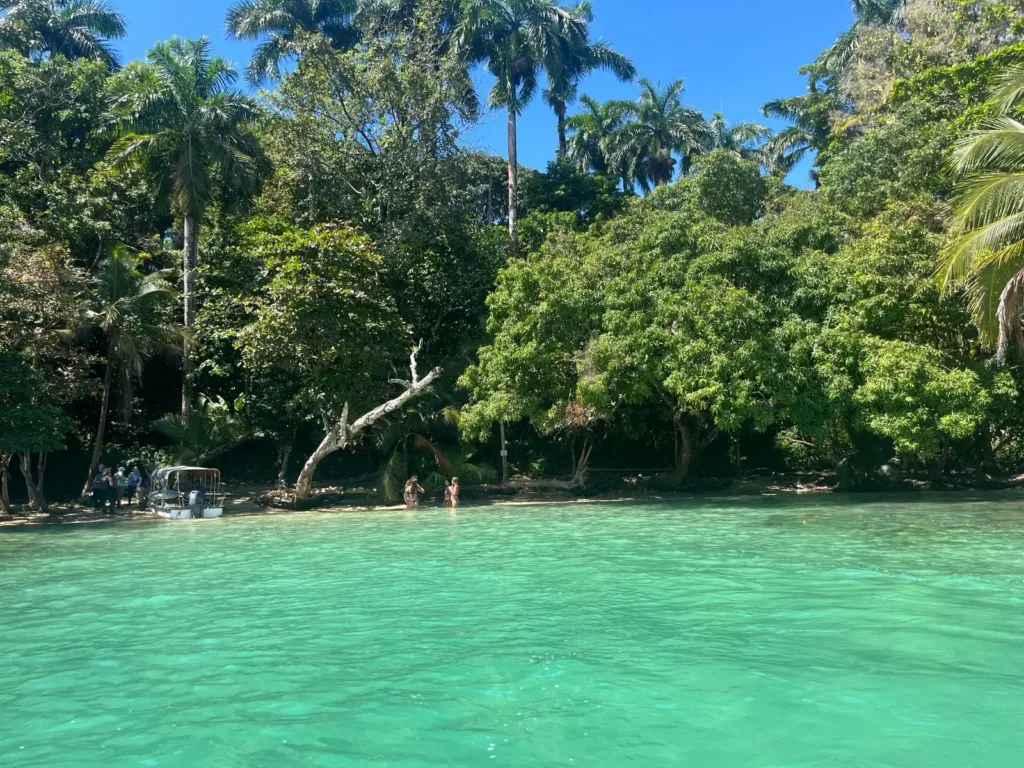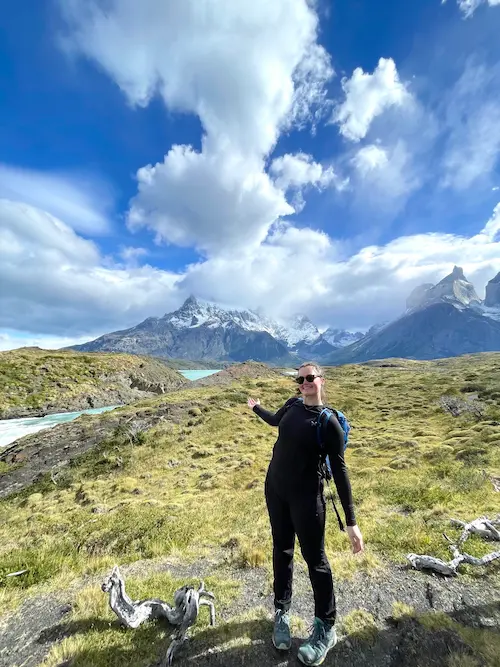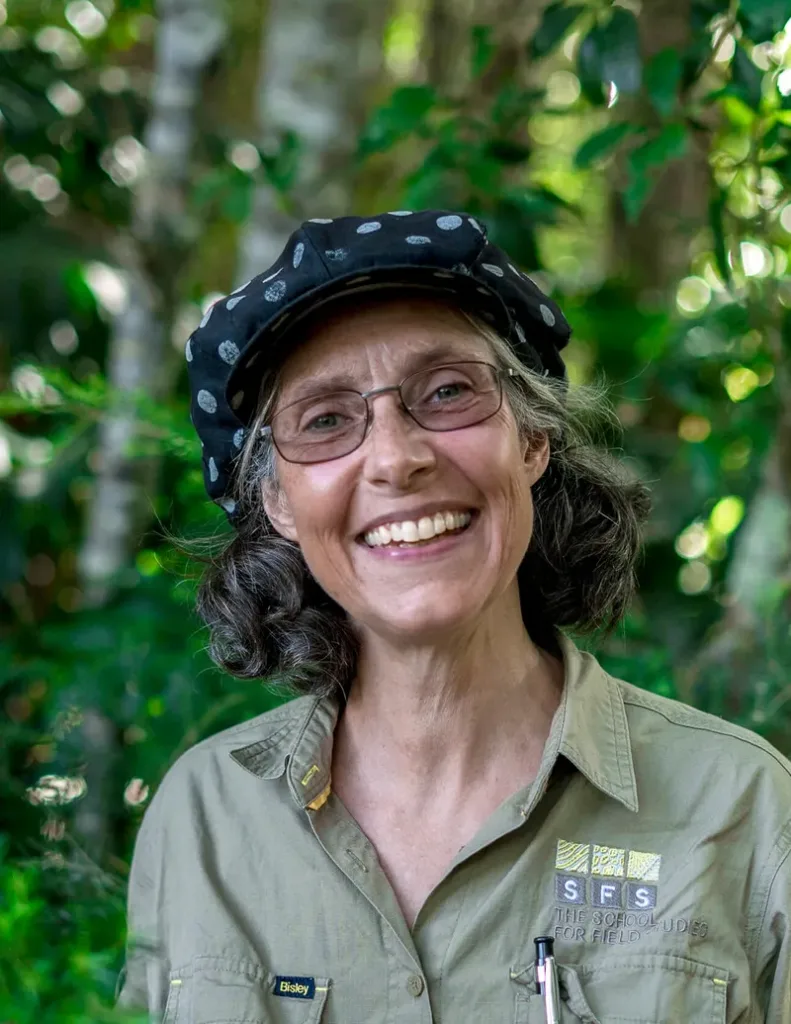
By: Sigrid Heise-Pavlov, PhD
No Doubt About It – We Are Living the Mekong
As students of The Living Mekong program, we are tasked with the joy of discovering the complexity and importance of the Mekong River to the region’s ecosystems and socioeconomic systems. To do this, you have to actually live and experience life along the Mekong, and SFS has provided us with plenty of opportunities to truly discover the rich biodiversity and culture within Cambodia and Vietnam. Take for example the two weeks leading up to our final exams.
One of our first field trips back in Siem Reap was an “insect walk” within Angkor. We spent the better half of the morning rummaging through the leafy undergrowth of a forested canopy adjacent to Angkor Thom, the last great city of the twelfth century Khmer Empire. Looking at what lies beyond the eyes’ reach, we unearthed whip scorpions, golden orb weavers (spiders that reach up to 8 inches in length), praying mantises, and legions of termites and ants.
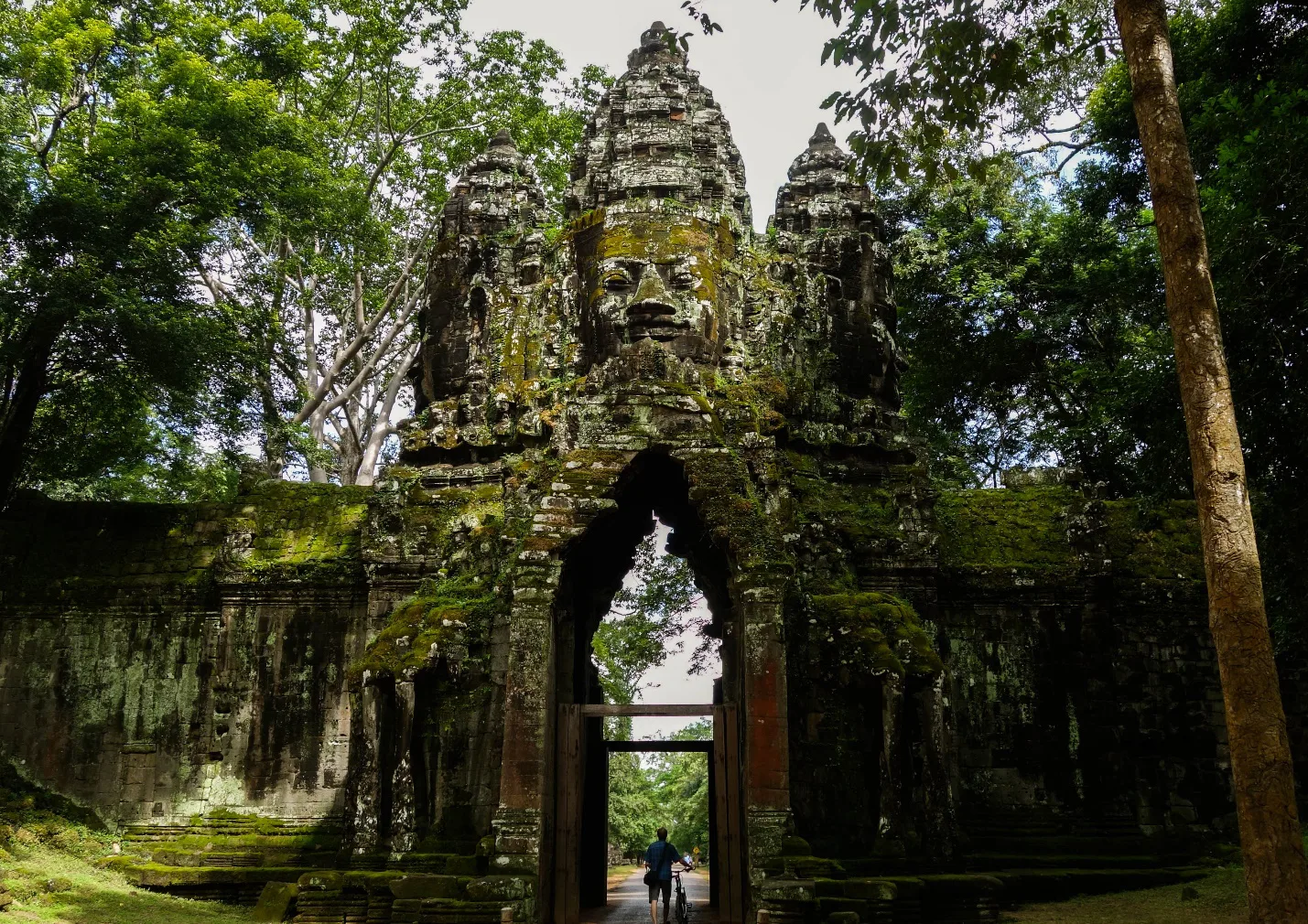
Later in the week our group had the chance to explore another topic that often gets little attention in the field of environmentalism – waste management. We visited a trash collection company in Siem Reap, and later visited a dumping ground where people forage through mounds of waste, hoping to earn a dollar or two per day salvaging recyclable items. We broke into groups and interacted with the children and women who spend all day living amongst the refuse of a booming tourist city. We noted our observations and later wrote mock proposals on how we would manage waste sites in an ethical and environmentally friendly manner.
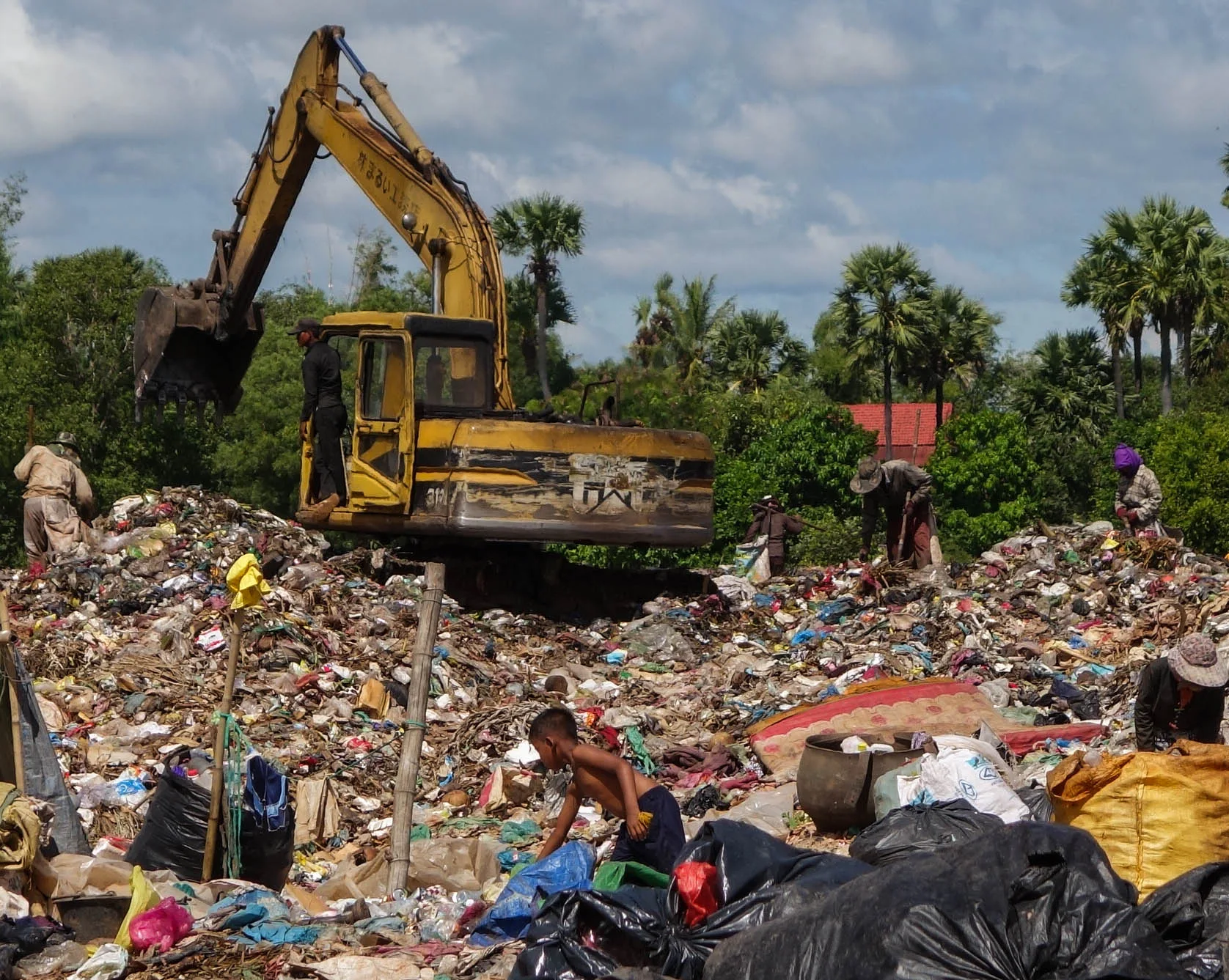
Wasting no time, we found ourselves again back out in the field, but this time in the Tonle Sap Lake. Our boat guided us through the mystic waters of an inundated forest as we approached Kampong Phluk, a charming floating village facing a series of resource management challenges. We held a discussion with members of a community-based organization, explored a conservation site that was facilitated by international conservation organizations, and interviewed community members to assess their livelihood situations.
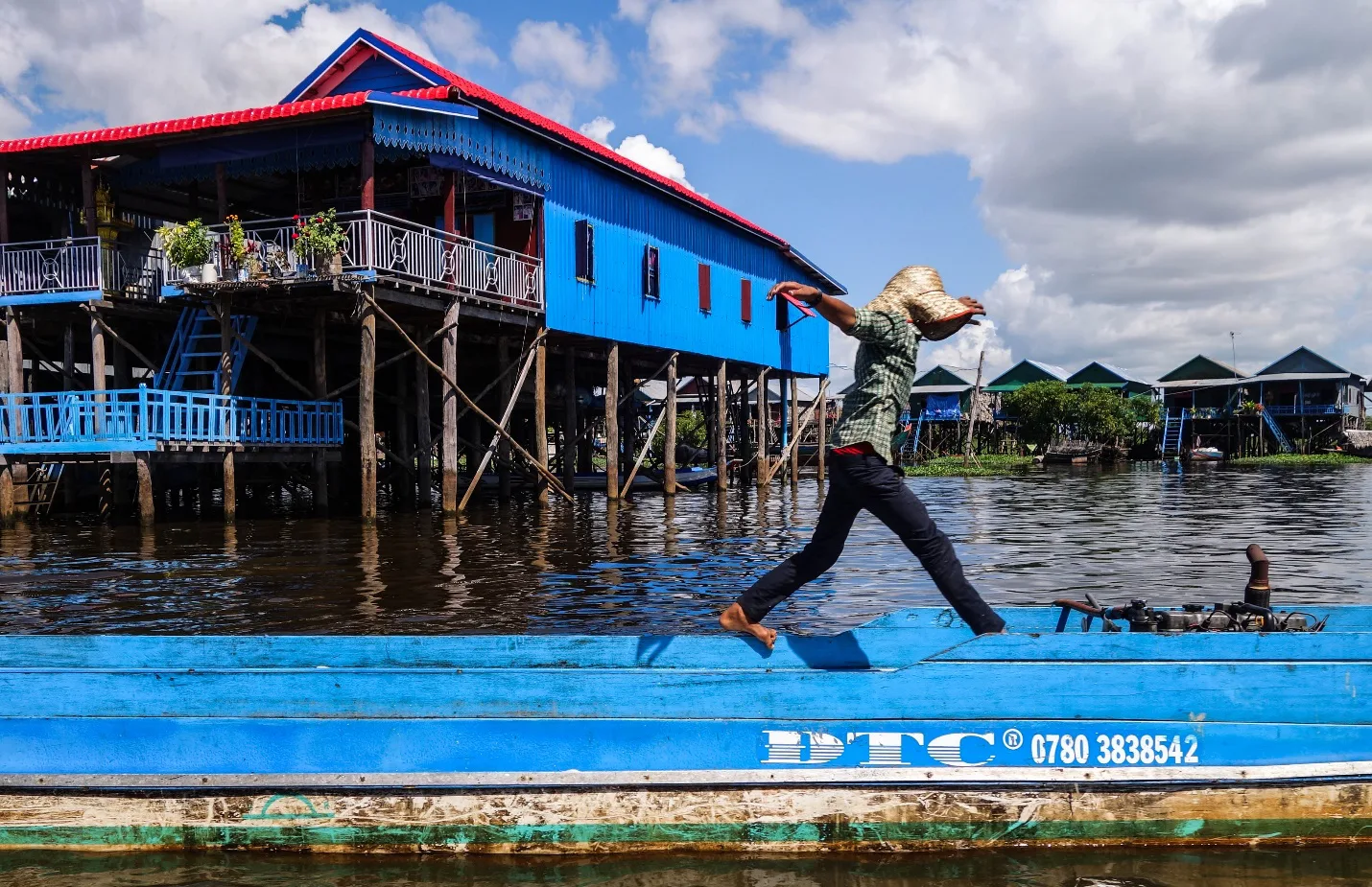
Following our time on the lake, we turned our attention back to insects, where we had the chance to visit a butterfly conservation center and interview women who raise these alluring, fanciful creatures. With no time to spare on our mission of exploring the culture and biodiversity of Cambodia, we returned to the Angkor Centre for Conservation of Biodiversity to conduct a primate behavior experiment comparing time activity budgets between Silvered Langurs, long-tailed Macaques, and Pileated Gibbons.
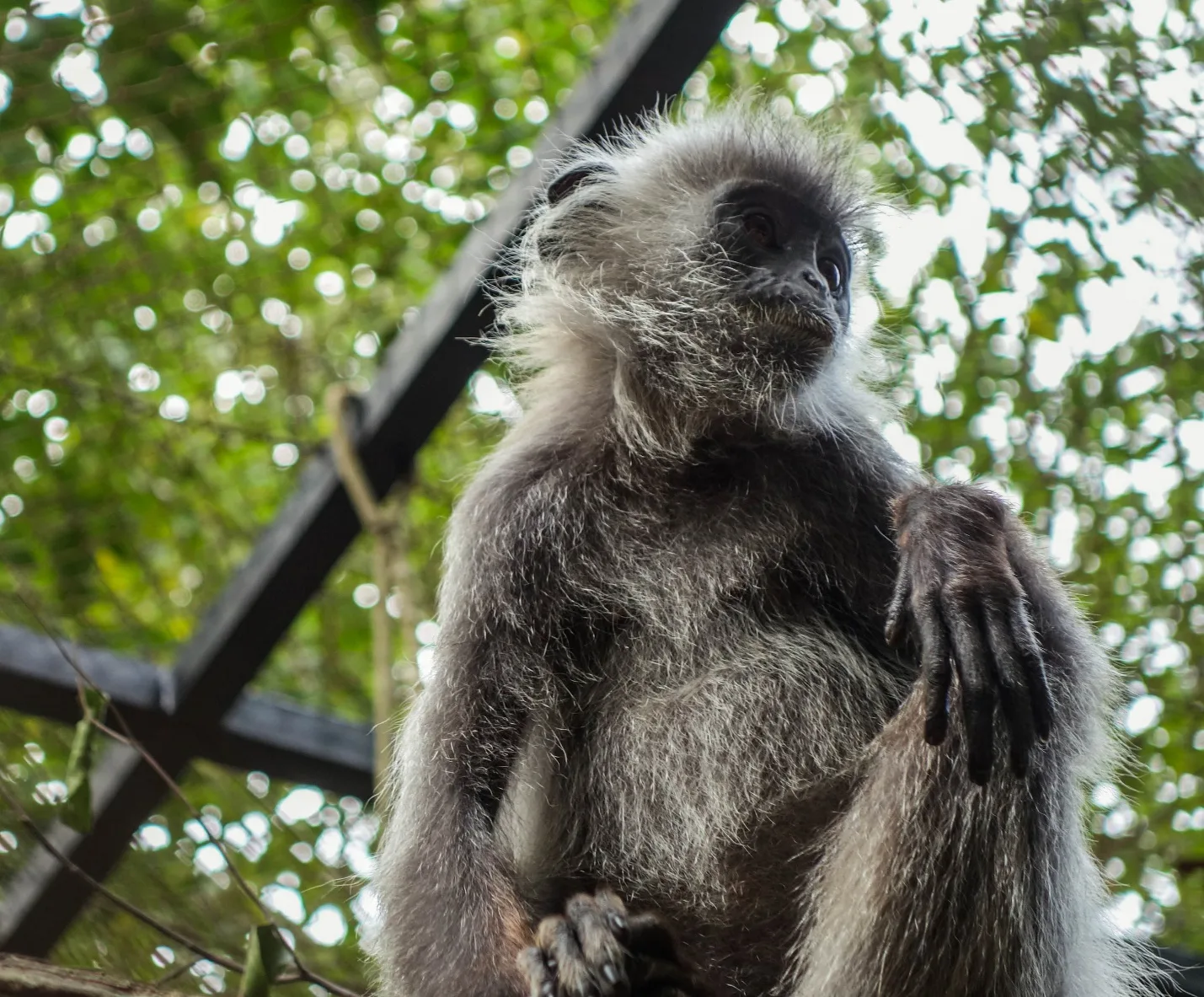
Our field experiences didn’t end here in just this short two week span, for we also had the chance to conduct bat survey counts at Siem Reap’s Royal Gardens, partake in the merriment of the Water Festival, and slept at a ranger station on the Tonle Sap after spending the day alongside park rangers monitoring endangered and threatened species of water birds.
We just finished our final exams, though we didn’t need to spend hours burrowing our heads in a pile of books to prepare, for when you spend so much time in the field, it is much easier to master the material. When you have the opportunity to live along the Mekong like we do, you get the chance to genuinely realize the rich biodiversity and culture within this great Kingdom of Cambodia.
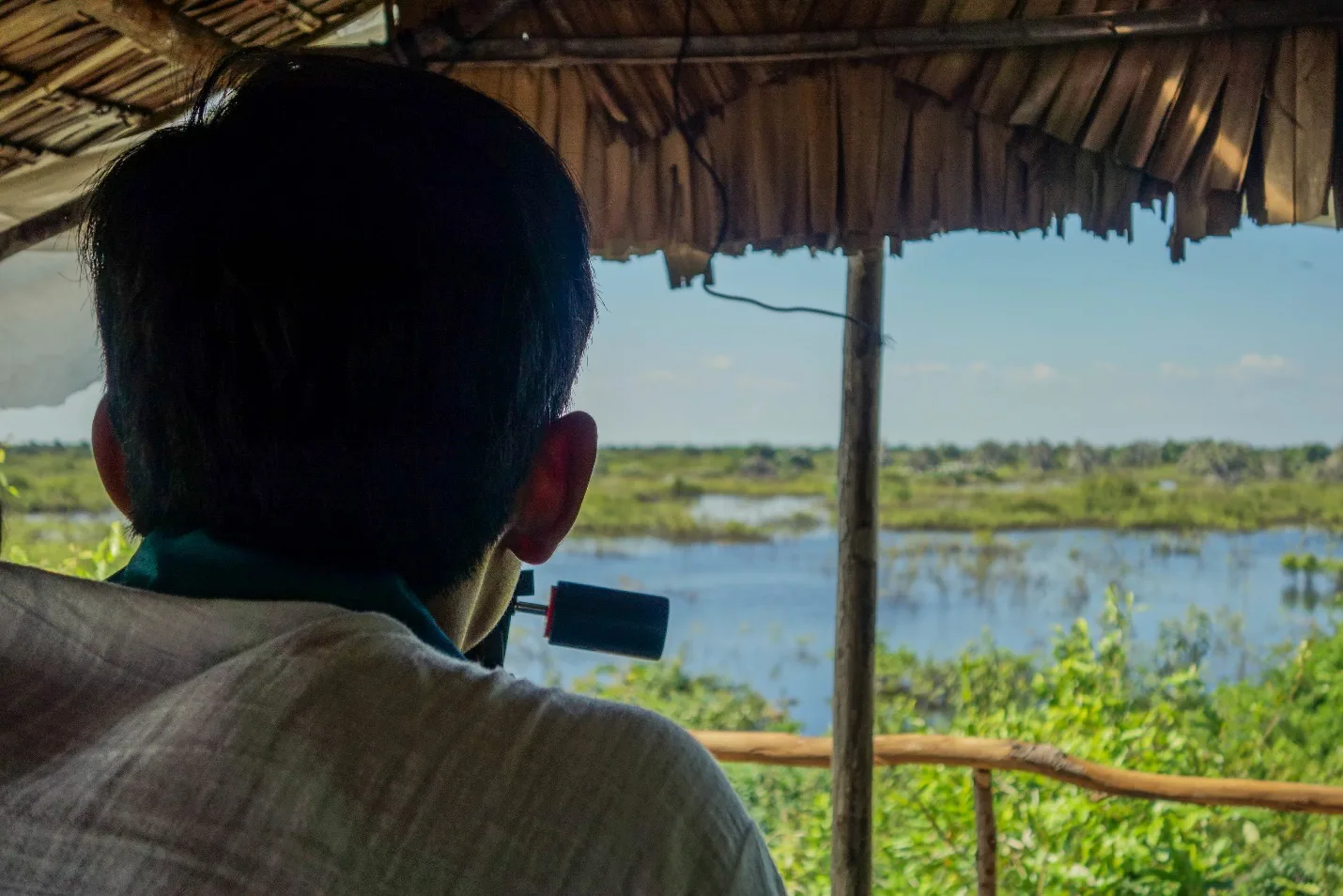
Related Posts

